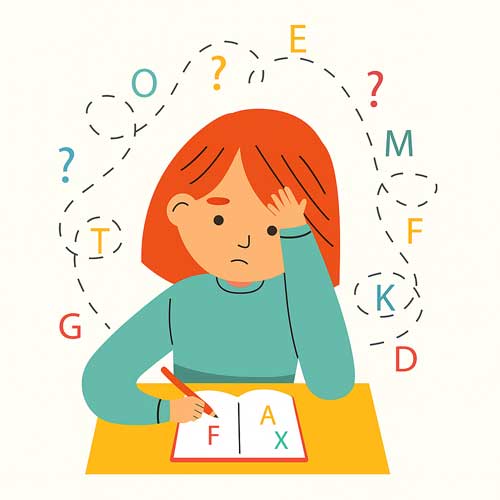Raising a Bilingual Child: Common Misconceptions
Raising a bilingual child may have supporters but also opponents. There comes as an established knowledge that bilingualism is identified with several implications on child’s development. This notion stems mostly from standpoints which are deeply rooted in a tradition of monocultural and monolingualism.
Prejudice 1: Bilingualism is associated with less intelligence
Being bilingual means that you have access to two different codes for communication. It gives you a different viewpoint on the world and different perspectives of the power of words. A great volume of research has proved that bilingualism neither enhances nor limit the brain activity. However, the benefits give rise to social, lifestyle and employment opportunities.
Prejudice 2: Bilingualism can lead to language underdevelopment
Generally speaking, bilingual children run almost the same language milestones as monolingual children. That is normally expected. Monolingual children have the same chances to demonstrate language impairments as bilingual children. This means that speaking two languages cannot be the underlying reason for any kind of language disorder.
Prejudice 3: Bilingualism can cause personal identity issues
Children construct their personal identity based on several aspects of their life. The way we communicate might be one of them, but powerful and healthy connections with their parents are one of the most important things. In the final analysis, what is more important is to be able to express oneself in some way. As a bilingual child grows up, they tend to use one language in one situation and the other language in other situations, and this is more like a natural process than an issue.

Prejudice 4: Bilingualism is identified with school underperformance
The truth is that there are several factors that make a child underperform at school. And this has not to do with the number of languages the child is exposed to. It is a common idea that a bilingual child cannot perform the same as a monolingual child because the second language usually interferes with the first one.
However, it is normal to use code mixing without necessarily being considered as a language problem.
Prejudice 5: Α second language will interfere with the first language development
This notion stems from the assumption that the brain has just enough capacity for one language to be developed. But, there is enough room in our thinking quarters for more than one language to be stored.
In fact, our thinking can be supplied from both languages. If for example a kid taught basic mathematics skills, they can transfer this ability to the other language without being retaught in that language.





